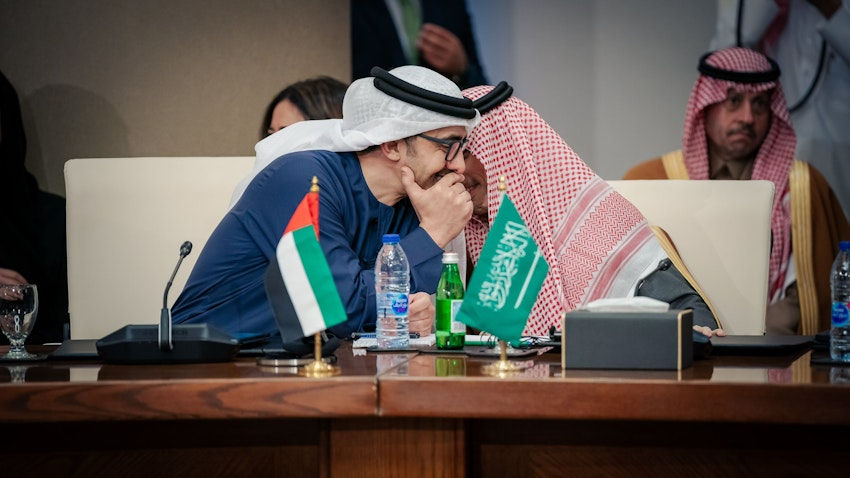Qatar’s Labor Rights Legacy: Between a Rock and a Hard Place
- Andreas Krieg
- Apr 11, 2021
- 3 min read
Most analysts agree that constructive criticism of the labor rights situation in Qatar is a necessary by-product of the run-up to the Qatar FIFA World Cup 2022. It helped pressure Qatar’s government to push through important labor reforms in the country. Consequently, the majority of analysts, experts, and football officials oppose the current campaign to boycott the World Cup as it is believed to undermine the important ongoing reform efforts. [originally published on the GU CRIS blog]
As a country undergoing hyper-development in all domains—including human and labor rights—Qatar has been confronted with a mammoth task of keeping pace with the economic and societal side-effects of growing from a sleepy backwater in the Gulf just three decades ago into one of the most dynamic small states in the region. Developments and reforms in human and labor rights that would have taken decades to be achieved organically—if at all when looking at Qatar’s neighbors—were pushed through in a matter of years as the representative of the International Labour Organization in Qatar outlines here. And the international civil societal spotlight on the emirate that came with being awarded the World Cup in 2010 made this possible.
The challenge remains regarding the implementation of new laws and regulations as the government is experiencing pushback from a powerful lobby domestically for whom reforms have come too quickly and government sanctions and penalties are considered to be too harsh. At the heart of the struggle over the human and labor rights legacy in Qatar is the government’s sensitive balancing act between international public pressure on one hand and domestic pressure from Qatar’s powerful business elites on the other. So far, some business owners suggest that the government has conceded to international public pressure without getting much in return—a claim that would become a prophecy if all the reform efforts were met with a boycott of the World Cup.
Simply describing Qatar as an absolute monarchy, many commentators fail to appreciate that governance in the country is still subject to both formal and informal checks and balances. In an intimate policymaking system, the relationship between those in government and the small indigenous population of approximately 300,000 Qataris is far more direct than in the larger Gulf states. As a means of keeping a finger on the pulse of the public, civil societal discourse as well as direct exchanges between citizens and the government are encouraged from above.
The powerful lobby of business owners argues that reforms were pushed through too quickly, leaving businesses with not enough time to adapt and causing the Shura Council in Doha to draft recommendations that could slow down progress. While the vast majority of businesses comply with the laws and regulations, there are some, mostly smaller businesses, that are trying to bypass the rules—just as much as robust labor laws in Europe have been ignored by some abattoirs or employers of seasonal farmworkers.
Hence, to ensure that labor reforms in Qatar are sustainable, the way forward should be one of continued international engagement with Qatar’s government. It would empower the government to enter into dialogue with the business community confidently in order to ensure that regulatory changes prompt a normative rethink of employment culture in Gulf—something that is not just a matter of reputational risk minimization but an integral part of Qatar’s National Vision 2030.

After all, despite domestic or international pressure, the Qatari government understood the intrinsic benefit of labor reforms for both its economy and labor market. In an increasingly competitive regional market for qualified labor, improving the rights and conditions for laborers will help attract the necessary human capital on which Qatar’s continued development depends.






Comments